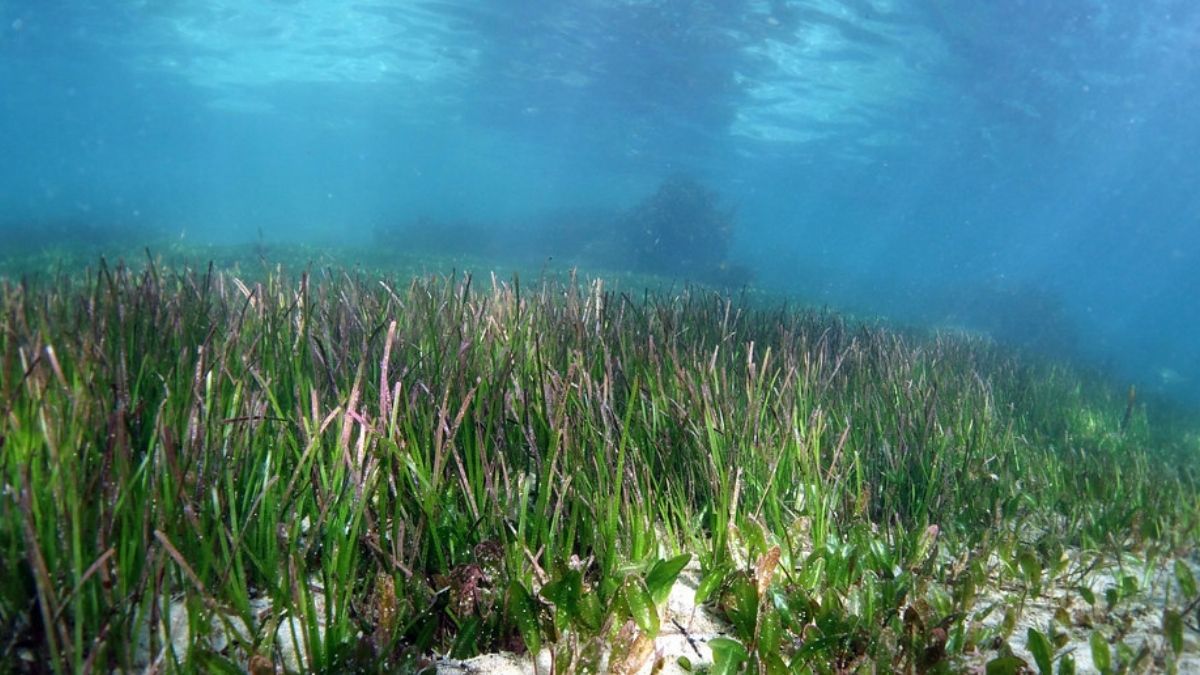About 95% of the oceans in the world are a mystery to humans as only 5% of it is explored. Mountains of sugar have been found beneath seagrass meadows across the world’s oceans by scientists from the Max Planck Institute for Marine Microbiology. The mountain of sugar is equivalent to approximately 30 billion coke cans. Carbon is captured very efficiently by seagrass meadows, making them one of the world’s most productive carbon-capture ecosystems.
Seagrasses Produce Sugar
Marine Microbiologist Nicole Dubilier said that seagrasses produce sugar by the process of photosynthesis. Plants use most of their sugars made for their own metabolism and growth when light conditions are average. When the light is more plans tend to produce more sugar than they can store. They then release the excess sugar formed into the rhizosphere. Worldwide seagrasses release about 1.5 tons of sucrose.
Also Read : Can Smoking Up Prevent COVID? Scientists Say Cannabis Has Virus Neutalising Properties
Sucrose Is Equivalent To Carbon Dioxide Emitted By 330,000 Cars In A Year
There is also a large amount of sucrose underneath these live grasses that result in a large amount of stored carbon. The researchers revealed that if all of this sucrose that is stored in the seagrasses was degraded by microbes, an estimate of 1.54 million tons of carbon dioxide would have been released into the atmosphere. The amount of carbon released would be equal to carbon dioxide by 330000 cars in a year.
Also Read: The World May Run Out Of Food In 27 Years: Scientists

